Selling Real Estate on the Gold Coast
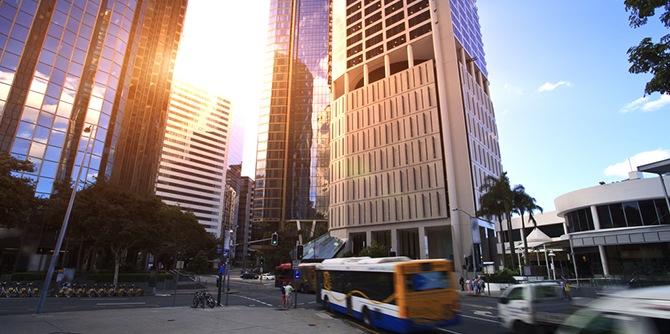
Complete sellers guide for property on the Gold Coast, Queensland.
Here is everything you need to know when it comes to the selling process for Queensland real estate.
From the first twinkle of an idea that you might sell to the settlement date can be a long time when you’re selling property in Queensland. There is so much to cover and so many parties that are involved in the process – it’s easy to get overwhelmed.
But with these resources, you can cut out a lot of the stress and find yourself working through a very simple sale process.
Choosing an agent to sell Queensland property
Finding the right real estate agent to sell your Queensland property is a crucial first step in the process. They will provide sound advice on pricing and selling, market the home to attract buyers and negotiate on your behalf to get the best price possible for you.
However, there are many questions you should ask an agent before you sign the appointment form, which is the legally binding contract giving the agent authority to sell your Queensland property on your behalf. Here are some queries to consider:
Are they licensed? Is their agency licensed?
Do they know the local property market? Can they provide sales data for other homes in the area?
How will they advertise and sell your home? Do they have a proven track record for this?
Have they provided an estimate of the sale price? Is this backed up with a comparative market analysis (CMA) of at least three other properties?
What is their commission and fees? Are there potential extra costs? When will these be paid?
Exactly what services will you receive for the stated costs?
Will they be the sole agent working to sell your property?
Do they have professional indemnity insurance? Do they subscribe to a code of ethics?
Julie Morgan-Kemp is a professional real estate agent who can answer your questions and provide you with in-depth market information.
Ways to sell Gold Coast property
There are several different ways to sell your Gold Coast property and the best way will depend on market conditions, the type of property, market prices, buyer activity and your own priorities. Julie Morgan-Kemp will be able to provide in-depth analysis of each of these methods and the associated risks or benefits, but here is an overview to get you started.
Private treaty
This is a process wherein you determine the sale price of your Gold Coast property,and buyers come forward with offers to purchase it as it is advertised publicly. Your real estate agent can then negotiate terms and numbers with the buyers until you are satisfied with an offer.
Auction
Auctions are a specific event rather than an ongoing process, overseen on the day by an auctioneer. You set a reserve price in writing, which is the minimum amount you want the home to sell for. Buyers register for the auction and place bids on your home. If it surpasses the reserve, then the highest bidder must complete the transaction there and then.
Setting the reserve appropriately is very important here. Alex Hayes can provide further advice on where to set the reserve and how to manage expectations.
Tender
In this process, you simply advertise a closing date for offers (tenders) on your home. Buyers then submit offers with a deposit (5 or 10 per cent of the home’s value) to your agent and you can review these as you wish. If one satisfies your needs, you can approve it and the transaction begins.
Auctions tend to be popular in cities, while private treaty is still over all a dominant force. Speak to Julie about which method of sale is best going to suit your home and your goals.Ju

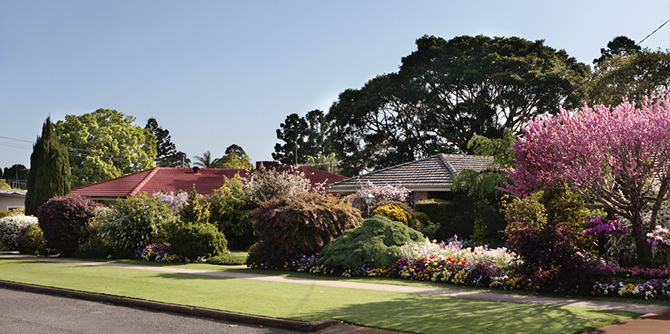
Marketing your property sale in Queensland
How your property is advertised will depend on the market, but there are generally two main channels for this marketing to boost exposure:
Print media
The Gold Coast Bulletin ideal for advertising your property for sale on the Gold Coast with readership of 150,000. Harnessing this readership, including dedicated readers who buy it specifically for the real estate listings, is an excellent way to promote your home. Using newspapers and magazines specific to your suburb will also be useful.
Online media
Using sites like realestate.com.au, domain.com.au and ljhooker.com.au can bring your property to the eyes of a huge number of people.
To make your home stand out in the crowd, professional photography and video tours are recommended. Talk to Alex Hayes to determine the best method of marketing your property.
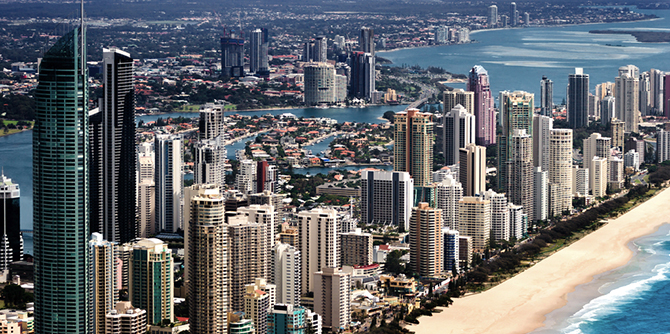
Contracts of sale in Queensland
Before the marketing of your Queensland property sale can begin, the contract of sale must be drawn up. This is effectively a binding summary of your home and will include the following details:
The listed price for the property
Details on the home itself
Any conditions of the sale (whether buyers must have home loan pre-approval, or if the sale is subject to inspections, for example)
Details on the cooling-off period (five days in Queensland)
Contracts of sale will also be provided by prospective buyers when they make an offer, including their own conditions. Both parties must agree to the document before the transaction goes ahead.
The costs of selling property in Queensland
Forming a budget for your Queensland property sale is going to be an essential step. There are many costs you might not be aware of that your LJ Hooker agent can help you with, but this list provides a brief overview of the associated fees you might encounter:
Agent commission – this will be specified in your agent appointment document
Legal fees for conveyancers and solicitors, which can be up to $3,000
Reimbursing your agent for their expenses throughout the sale process – this should be outlined in writing before you sign your agreement.
A building and pest inspection from the Queensland Building and Construction Commission (between $400 and $600)
Getting a professional valuation (usually between $300 and $500)
Fees for the auctioneer if you are selling Queensland property at auction (about $500)
Cosmetic repairs to your home ahead of advertising may only be a few hundred dollars, while a full plumbing renovation can cost $15,000.
Moving costs can take home sellers by surprise – anywhere between $500 and $3,500.
Paying off the remainder of your mortgage and fees of up to $1,000 if you are switching to a new home loan when you move elsewhere.
Swimming pool inspections, which are between $170 and $350
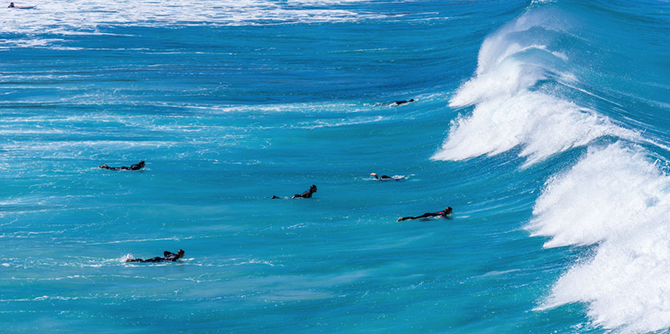
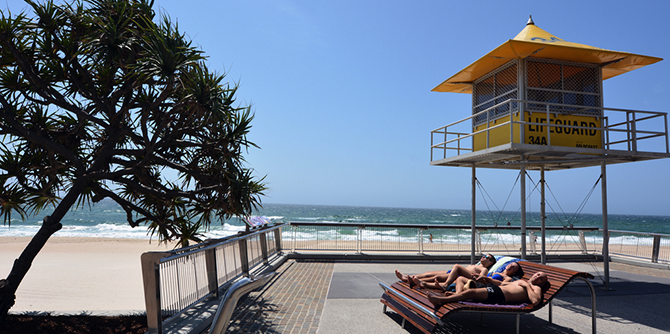
Settlement of a Queensland property sale
The close of your Queensland property sale will differ based on how your agent is selling it:
Private treaty
Your agent passes on offers from prospective buyers and you both analyse them and any conditions in the contracts of sale. Your agent can negotiate on your behalf for a better price. When an agreement is reached, the contracts of sale are signed and exchanged and a 10 per cent deposit is paid to you.
There is a cooling-off period of five days, in which the buyer can back out of the sale.
Auction
If the bidding reaches reserve, the highest bidder signs and exchanges contracts and provides the deposit to you on the day – there is no cooling-off period. If it does not reach reserve, you may receive offers post-auction, or choose to accept offers made prior to the event. Julie can advise you on the best way forward with this and they can negotiate for a better price if reserve was not reached.
You can also make your own bids to boost the sale, but only below the reserve price. These are vendor bids and must be advertised to all prospective bidders.
Once contracts are exchanged and signed, the settlement process takes between 30 and 90 days. On the settlement day, you receive the balance of the property price, transfer the title and hand over the keys and relinquish ownership of the home. You will be responsible for council rates and land tax up until this point.